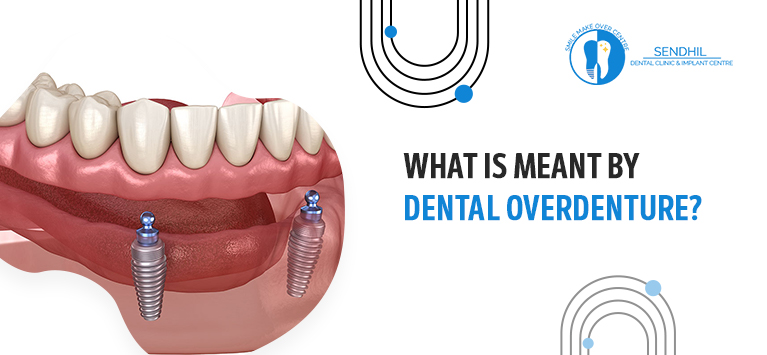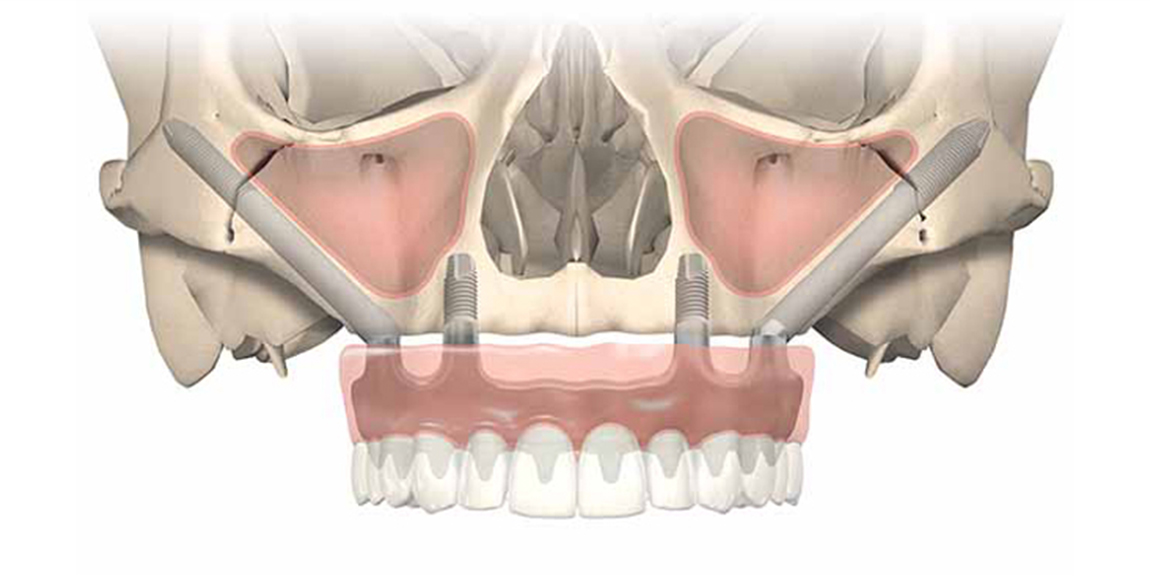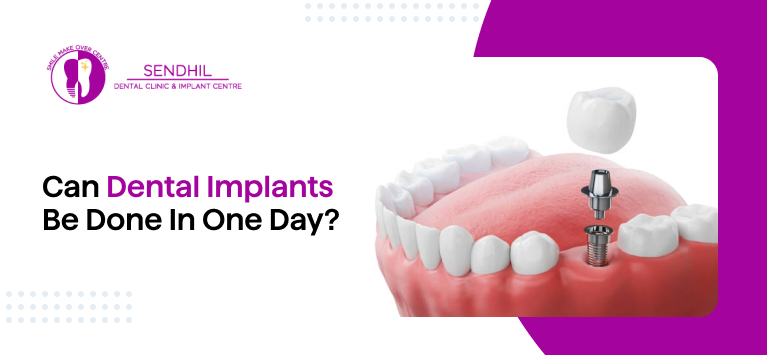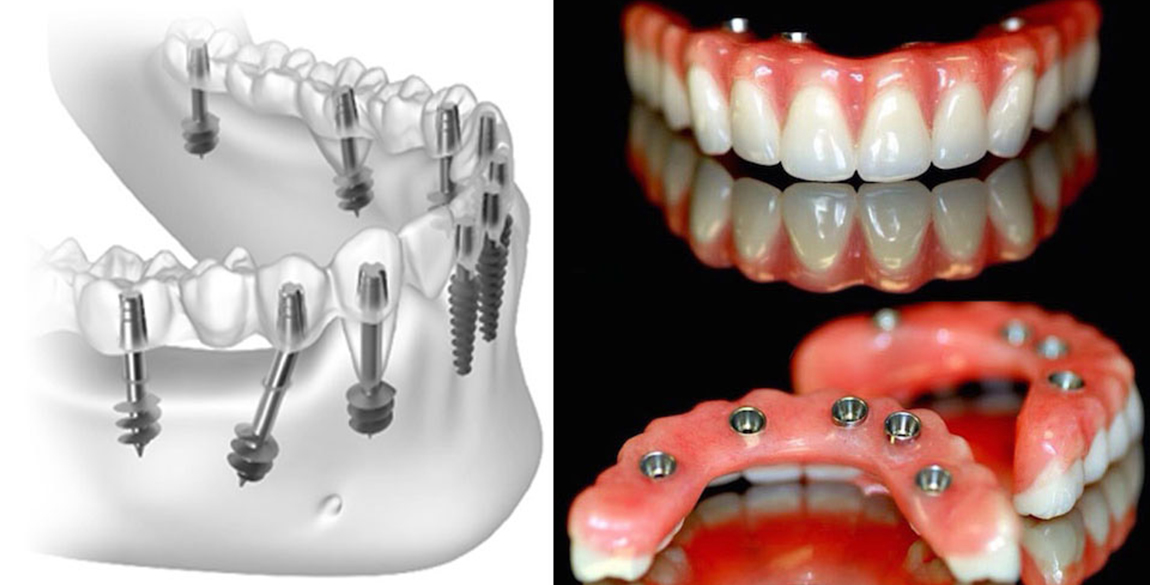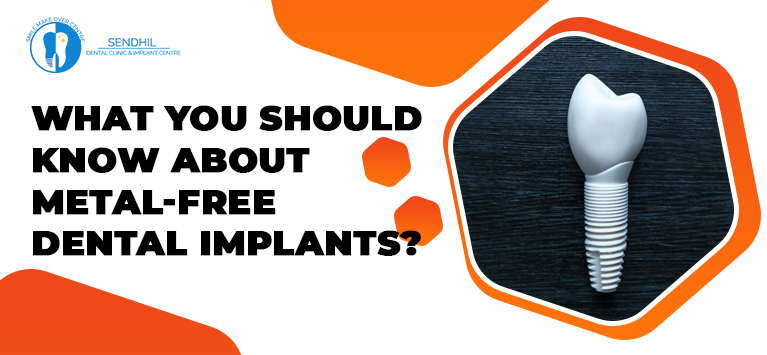
How Long Do Dental Implants Last?
Dental implants are a reliable and effective solution for replacing missing teeth, offering a natural look and feel. They are made from titanium, which integrates with the jawbone, providing a long-lasting foundation for artificial teeth. In this blog, we will explore how dental implants work, their longevity, factors affecting their lifespan, and tips for keeping them in great condition. We’ll also look at lifestyle choices that can impact their success and how to address potential problems early on.
Table of Contents
What Are Dental Implants?
Dental implants are artificial tooth roots made of titanium that are surgically placed into the jawbone to replace missing teeth. They provide a strong foundation for fixed or removable replacement teeth, such as crowns, bridges, or dentures, and mimic natural teeth in both appearance and function. Implants are durable, biocompatible, and designed to integrate with the bone through a process called osseointegration, offering a long-lasting solution for tooth replacement. They help maintain jawbone health and allow for natural chewing and speaking abilities.
How Long Do Teeth Implants Last?
Dental implants are designed to be a lasting solution for missing teeth. Once placed in the jawbone, they bond with the bone tissue in a process called osseointegration, which secures the implant and allows it to function like a natural tooth root. This connection makes implants highly durable, with the implant itself often lasting a lifetime.
However, the crown, or artificial tooth attached to the implant, may wear down over time and usually needs replacing after 15 to 20 years, depending on individual wear and care.
Why Dental Implants Are Long-Lasting?
The key to an implant’s durability lies in its structure. Implants mimic natural teeth with a titanium root, an abutment, and a crown.
- Titanium Implant Root: This is the implant’s core, a biocompatible titanium post that integrates with the jawbone through osseointegration. Once fused, it becomes a strong, permanent base that can last a lifetime with proper care.
- Abutment: The abutment is a connector that attaches to the implant root, linking it to the crown. Made of durable materials, it’s built to last many years, though it may need occasional adjustment.
- Crown: The crown is the visible, tooth-like portion. Often made from porcelain, it mimics the look of a natural tooth but may wear over time. Due to daily wear and tear, crowns typically need replacement every 10-15 years.
Factors That Influence Implant Longevity
Several things affect how long dental implants last:
Oral Hygiene: Keeping implants clean with regular brushing, flossing, and mouthwash is essential. This prevents plaque that could lead to infections around the implant, known as peri-implantitis.
Bone Health: Strong jawbone support is vital for implant stability. In cases of bone loss, a bone graft may be recommended.
Lifestyle Choices: Smoking and heavy alcohol use can delay healing and interfere with the implant’s bonding to the bone.
Health Conditions: Chronic conditions like diabetes can impact implant success, so managing these is important.
Placement and Surgeon’s Skill: Your dental surgeon’s experience is key to the success and placement of your implant. For expert care, contact Sendhil Dental Clinic and Implant Centre.
How to Make Your Implant Last Longer?

Keeping dental implants healthy is easy with a few simple steps:
- Good Hygiene: Brush and floss daily, and consider a water flosser for extra cleanliness.
- Regular Check-Ups: Routine dental visits help spot issues early, such as gum inflammation.
- Avoid Hard Foods: Avoid biting on hard items like ice or nuts, and don’t use teeth as tools.
- Healthy Choices: Limit smoking and alcohol, and eat a balanced diet to support bone health.
Impact of Lifestyle on Implant Longevity
Lifestyle choices can have a strong effect on the durability of dental implants.
- Smoking: Smoking can hinder blood flow to the gums, which may increase the risk of gum disease and compromise the stability of implants over time.
- Excessive Alcohol Use: Drinking heavily can lead to dry mouth and dehydration, creating an environment that encourages bacterial growth and increases the risk of infection around the implant.
- Unhealthy Diet: Diets high in sugar or acidic foods can erode teeth and weaken the surrounding structures, potentially affecting implants. Choosing balanced, nutritious foods helps support both natural teeth and implants.
Healthy lifestyle habits, like avoiding tobacco and alcohol while maintaining a balanced diet, are essential for maximizing the longevity and stability of dental implants.
Identifying Implant Problems Early
Early identification of issues can prevent implant failure. Here are a few signs to watch for:
- Swelling or Pain: Persistent pain or swelling around the implant area may indicate infection.
- Mobility: A loose implant is a warning sign and should be checked by a dentist promptly.
- Discomfort While Biting: Difficulty biting down may indicate misalignment or other issues.
Final Thoughts
Dental implants are a reliable, long-term solution for missing teeth, but their longevity depends on proper care and attention. Regular brushing, flossing, and professional check-ups, along with avoiding habits like smoking and maintaining a healthy lifestyle, are essential for keeping your implants in good shape.
If you’re considering dental implants or have any concerns about them, contact Sendhil Dental Clinic and Implant Centre for expert advice and treatment. Your smile deserves the best care!
Frequently Asked Questions
Yes, with proper care, dental implants can last a lifetime, though the crown may need replacement every 10-15 years due to wear.
Dental implants are a permanent solution, integrating with the jawbone, though the crown may need occasional replacement due to normal wear.
The dental implant process typically takes 3-6 months, including implant placement, healing, and crown attachment. Additional procedures, like bone grafting, may extend the timeline by a few months.
Yes, smokers can get implants, but smoking raises failure risk by 140%, slows healing, increases infection risk, and reduces saliva, making it harder for the implant to integrate.



